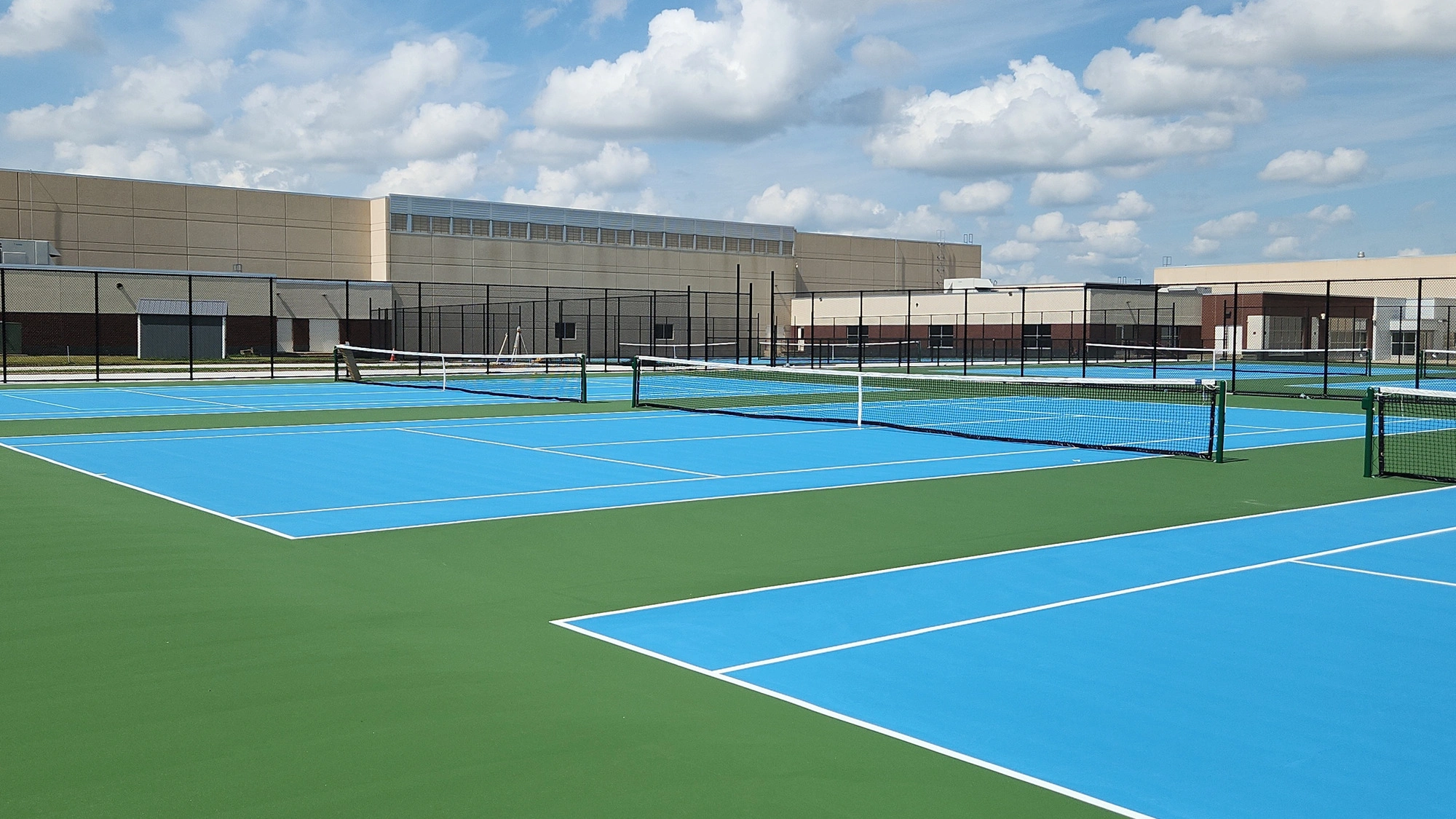Ensuring Electrical Safety Through New Mandates: The Role of NFPA 70B Compliant Maintenance Programs
Maintaining, testing, and training are important elements of a successful electrical safety program for any facility. As of 2023, NFPA 70B, the Standard for Electrical Equipment Maintenance, has transitioned from a recommendation to an enforceable standard. This means employers must implement an electrical maintenance program (EMP), which includes personnel training, equipment surveys and analysis, and system studies, such as short circuit and arc-flash studies.
Impact on Electrical Equipment Lifetime
Every EMP should be tailored to the specific conditions and age of the facility's electrical equipment. Various factors influence the service life expectancy of this equipment, including:
- Electrical stresses, such as overloading, harmonics, overvoltage, surges, and arcing faults
- Environmental factors, such as humidity, moisture damage, corrosion, and heat-related damage
With a favorable environment and regular maintenance, the typical service life of an electrical panel is estimated to be 30 to 40 years; however, outdated equipment is prone to faults and may face issues with part availability. Obsolete components can cause significant downtime and production losses.
Importance of Preventative Maintenance
According to the U.S. Fire Administration, electrical distribution systems rank fourth in the leading causes of fires in homes and buildings, often due to improper maintenance. 77% of these failures could be mitigated through a preventative maintenance program. Even a minor electrical failure can result in at least six hours of interruption, leading to considerable financial loss.
Customizing Your EMP
ISG offers support to customize your EMP, ensuring it meets NFPA 70B and 70E standards. Our services include:
- Providing personnel training to ensure your team is trained according to the latest standards
- Conducting electrical assessments and evaluating your facility's electrical distribution and equipment to identify potential hazards including short circuit and arc flash studies
- Completing capital studies and maintenance planning by surveying existing equipment conditions, estimating remaining service life, and recommending appropriate testing intervals
- Delivering detailed reports that outline findings, equipment replacement schedules, and cost estimates for future planning and budgeting
Safer + More Efficient Facilities
Electrical safety is essential for protecting your facility and maintaining productivity. By adhering to NFPA 70B standards and implementing a thorough EMP, you can mitigate risks, reduce downtime, and safeguard your investments.
Don’t wait for a failure to take action—safeguard your facility now with ISG’s expert guidance that minimizes risk and maximizes uptime.




Related Articles


The Future of Southern Minnesota Lakes Conference Returns To Inspire Action on Lake Planning, Preservation, and Restoration
ISG is bringing back The Future of Southern Minnesota Lakes Conference for its fourth year from March 6–7, 2026 creating space for lake association members, environmental professionals, and community leaders dedicated to preserving and restoring Southern Minnesota lakes.

.webp)
ISG Recognized as a 2025–26 Emerging Professional Friendly Firm for the Fourth Consecutive Cycle
ISG has been honored as a 2025–26 Emerging Professional Friendly Firm by AIA chapters in North Dakota, South Dakota, Wisconsin, and Minnesota in recognition of its commitment to fair compensation, licensure support, mentorship, and growth for early-career architects.




_webfull.webp)
.webp)





